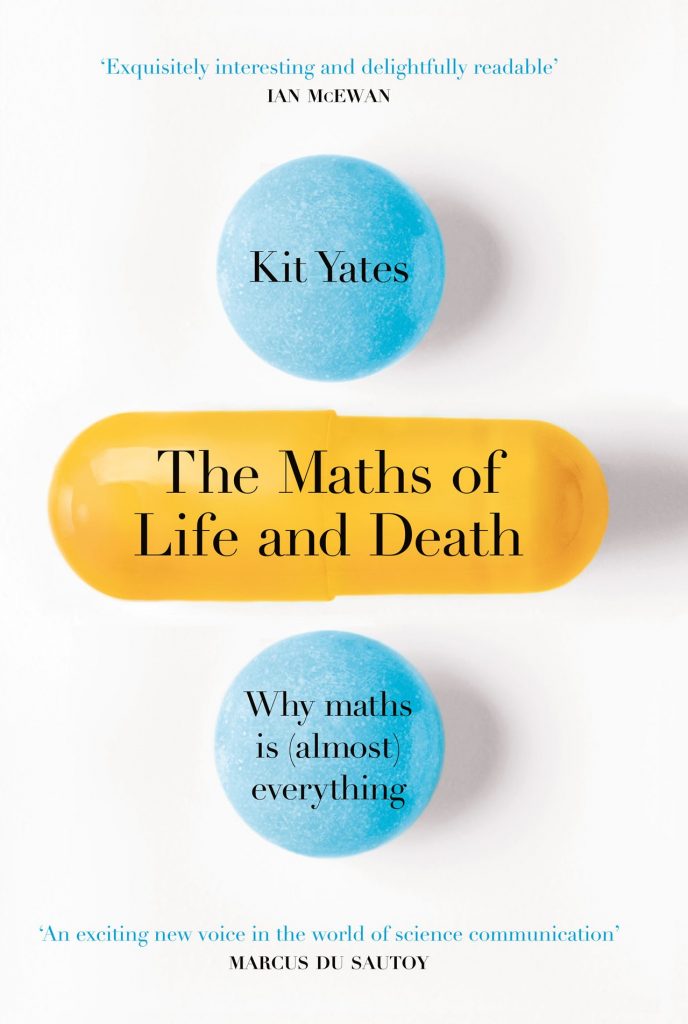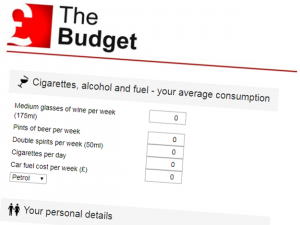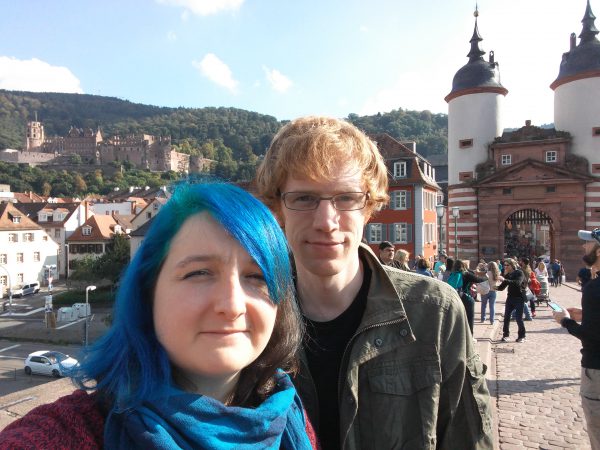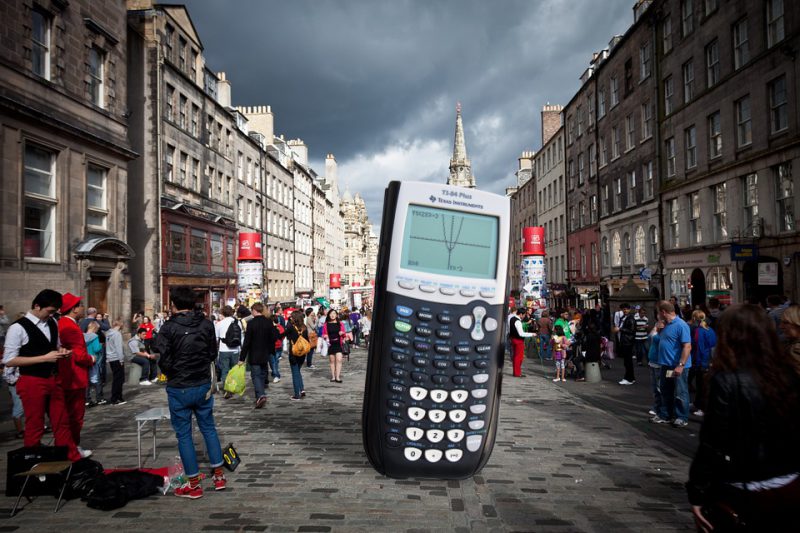
Aperiodicolleague Kit Yates has recently had a new book out: The Maths of Life and Death. He’s kindly agreed to share a sample chapter with us, explaining the God Equation: it’s used by NICE to decide whether to fund new drugs.
In my new book, The Maths of Life and Death, I explore the true stories of life-changing events in which the application (or misapplication) of mathematics has played a critical role: patients crippled by faulty genes and entrepreneurs bankrupt by faulty algorithms; innocent victims of miscarriages of justice and the unwitting victims of software glitches. I follow stories of investors who have lost fortunes and parents who have lost children, all because of mathematical misunderstanding. I wrestle with ethical dilemmas from screening to statistical subterfuge and examine pertinent societal issues such as political referenda, disease prevention, criminal justice and artificial intelligence. I aim to demonstrate that mathematics has something profound or significant to say on all of these subjects, and more.



 Every August a multitude of comedy shows, theatre pieces, interpretive dance performances, musical extravaganzas and spoken word events spring up all over the Edinburgh Fringe. As a busy mathematician (there are infinitely many integers; who has spare time?) I’m sure you’ll appreciate our guide to which of those things are mathematical, or have a tangential (LOL) relationship with mathematics. Please note: none of these are recommendations, as we haven’t seen the shows and mainly have been grepping the word ‘maths’ in online programmes.
Every August a multitude of comedy shows, theatre pieces, interpretive dance performances, musical extravaganzas and spoken word events spring up all over the Edinburgh Fringe. As a busy mathematician (there are infinitely many integers; who has spare time?) I’m sure you’ll appreciate our guide to which of those things are mathematical, or have a tangential (LOL) relationship with mathematics. Please note: none of these are recommendations, as we haven’t seen the shows and mainly have been grepping the word ‘maths’ in online programmes.